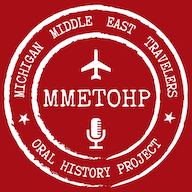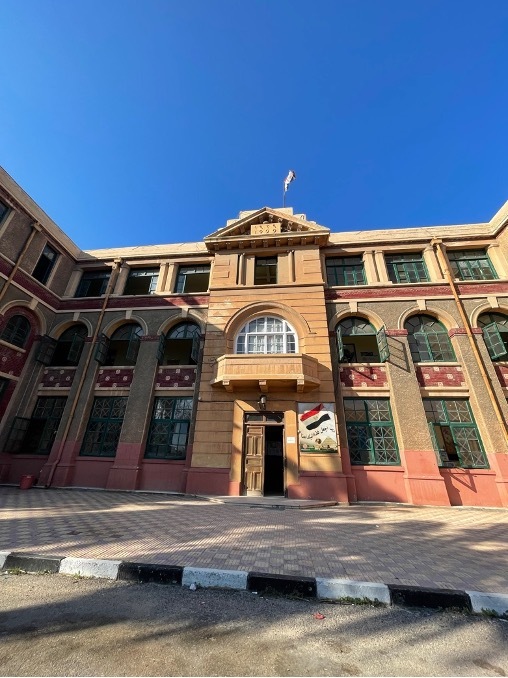Khaled Rabbah
About this Interview
Khaled Rabbah was interviewed by his daughter and AAST 3151/HIST 3672 student, Dalia Rabbah in-person at their home on January 28th, 2022. He was born in Egypt, spending all his years until his early twenties there. In this interview, he shares sensory memories of his education, family, friends, local cuisine, and hometown. He recalls his enlistment and service in the Egyptian army and his time working in Oman following an invitation for a business venture by a friend. He shares his decision to move to the US which, unbeknownst to him, would be his final move. After working several retail positions in New York City and New Jersey. where he had some assistance in maneuvering around a new and unfamiliar country, he moved to Michigan, married, and started a family. He describes the slow process of becoming successful in his engineering career, as well as how being an immigrant affected that. He explains the significance to him of visiting Egypt with his family to teach them about his heritage, which he is still extremely proud of.
Development Notes ▼
Photographs
For Further Reading
Bakir, Reem A., and Sahar A. Attia. "Changing use of Public Spaces in Cairo during COVID-19." Urban Research & Practice 14, no. 5 (2021): 576-593. Link.
Malmström, Maria Frederika. "Making and Unmaking Masculinities in Cairo through Sonic Infrastructural Violence." Urban Studies (Edinburgh, Scotland) 59, no. 3 (2022; 2021;): 591-607. Link.
Ibrahim, Mohamed R. "How do People Select their Residential Locations in Egypt? The Case of Alexandria." Cities 62, (2017): 96-106. Link




